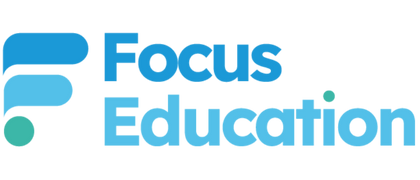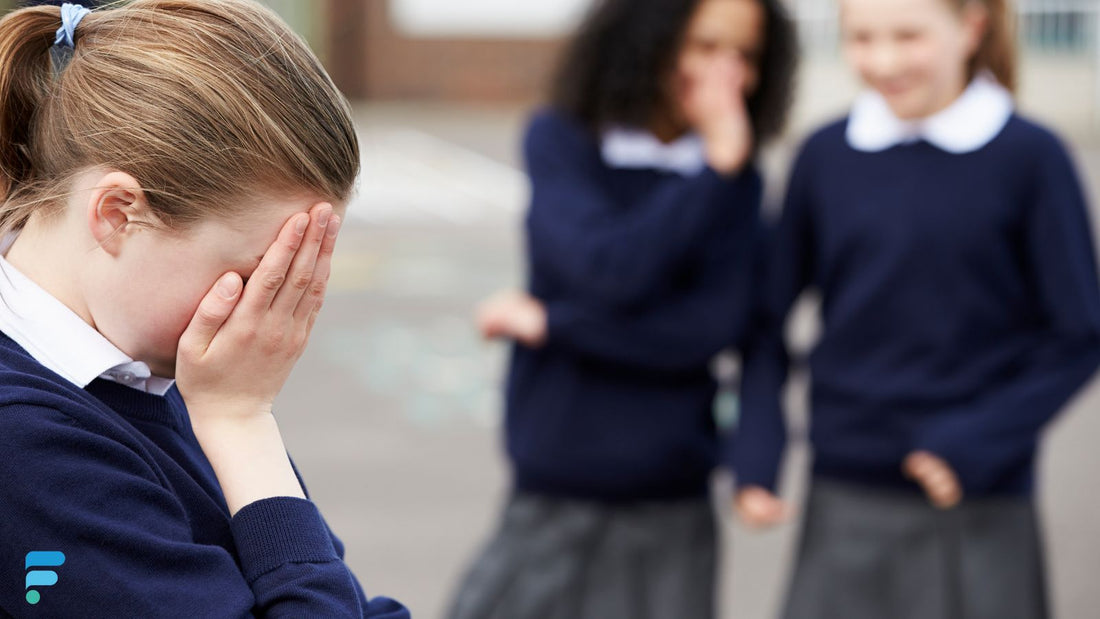As a primary school teacher for over 15 years, I’ve basically spent my life in schools (aside from my four years of university) either as a child attending or as a teacher at the front delivering learning. Now, one of the most important things we aim to develop in schools is children who are ‘good people’. Now, that seems like a bit of a throwaway or bland term to use, but essentially, I believe that with the support of my own family and my schooling, I have grown up to be a good person. A well-rounded individual. Someone who is aware of their actions and how they may or may not impact others and with the social skills and ‘cultural capital’ to make my own way in this world.
I feel that over the last few years, we’ve lost sight of this a little bit. And by we, I don’t mean that all of the fantastic leaders and teaching staff across the country don’t think about this and don’t do their best to consider this aspect of development carefully, but that there is so much ‘other stuff’ that seems to get in the way of this development:
• Knowledge
• Assessment
• Data
• SATS
• Reading, Writing and Maths
• The wider curriculum
All of these things are important. I don’t want you to read this and think even for one second that I don’t value these areas of education. However, I’ve spent much time recently talking about early years development with different people. We’ve recently been looking at this area as part of the Learning Challenge Curriculum. Clive Davies and I have discussed how we can develop things further, and I have spoken with Emma Lewry about the publication she has nearly completed – The Early Years Guide for Subject Leaders (It’s great, by the way). I bring these discussions up because I think we could learn a lot from how EYFS is set up regarding developing these ‘good people’ I referred to earlier.
Now, the EYFS framework is broken down into specific areas, and one relevant here is the area for Personal, Social and Emotional Development or PSED. Further up the school, we talk about PSHE or RHE, but whilst some schools are very good at delivering in this area, they sometimes get lost in the madness of assessments and data-driven changes. Using data, how do you measure whether someone is a ‘good person’? I’m not sure it’s possible.
When we look at the three prime areas in EYFS, we talk about Communication and Language, PSED and Physical Development. They don’t continue in this way as children make their way through Key Stages 1 and 2, so how do we maintain these threads throughout children’s schooling? They are the threads that will support children in developing into ‘good people’.
Making learning relevant
When we talk about PSHE, first thoughts often turn to circle time, which, when done well, can be highly effective. When you mention RHE, again, thoughts turn specifically to relationships around love and even sex (which isn’t part of the majority of the primary phase curriculum – at least not until very late on). We need to consider the real-life scenarios that today's children face when developing their social skills and interactions with different people and within different types of relationships. The question I asked earlier was how we do this. I think we need to simplify things and focus on the essential parts of developing children’s understanding of how to interact with one another positively.

Scenarios like this put things into perspective for children. They are realistic and relatable.

We must provide children with safe spaces to discuss these scenarios and consider different perspectives and thought processes around them. We need to support and encourage children to think critically about how to react in various situations and that having different opinions is okay.
Particularly with younger children within the primary phase, using relevant texts can be a powerful tool, allowing them to put these scenarios into contexts they can understand and work through.
Learning in this way is powerful. We want the children to consider themselves and be able to talk about themselves and their experiences. We want them to be able to consider their friends and peers and the emotions that they may be feeling. We also want them to investigate these scenarios across a broader context regarding others and their role within their wider community.
Let’s Talk
My work with Clive Davies has led us to a point where we wanted to take meaningful action to create a resource schools can use. This resource supports children in developing their social skills across different situations, lots that may come up in everyday life and others that might be more challenging. The curriculum we have put together aims to address this element that often seems to be missing – and that is not a criticism by any means, but an acknowledgement of the difficult time we live in as educators, fitting things into a busy timetable across the week. We must also think about how to engage parents in the discussion. Without parental support and engagement, we are fighting a losing battle, and that is a big part of how we have put together some of the supporting resources for schools.

Continue the Conversation
If you relate to what Alex is saying, please look at what we’ve put together and see how it could benefit your children to reframe how you look at developing them into ‘good people’.
You can access two free ‘issues’ / units (enter FREE in Discount code box and checkout as normal)
Year 2 Issue 5 How Important is it to have friends?
Year 4 Issue 9 Why is it wrong to discriminate?
Watch our video about our PSHCE Curriculum and how its structured
For more information about Alex's courses, click here.
To book Alex or one of our other consultants to work with your school, email us at consultancy@focus-education.co.uk
CONNECT WITH US
Twitter/X | focuseducation1
Bluesky | focuseducation
Facebook | focuseducation1
Instagram | focuseducation1
Linked In | Focus Education
Subscribe to our YouTube Channel

